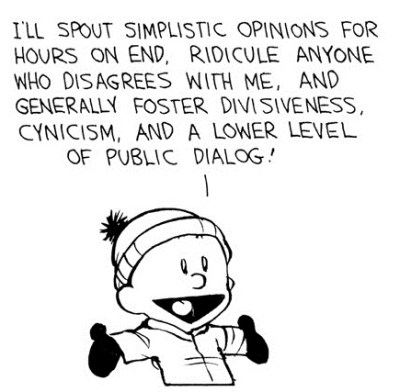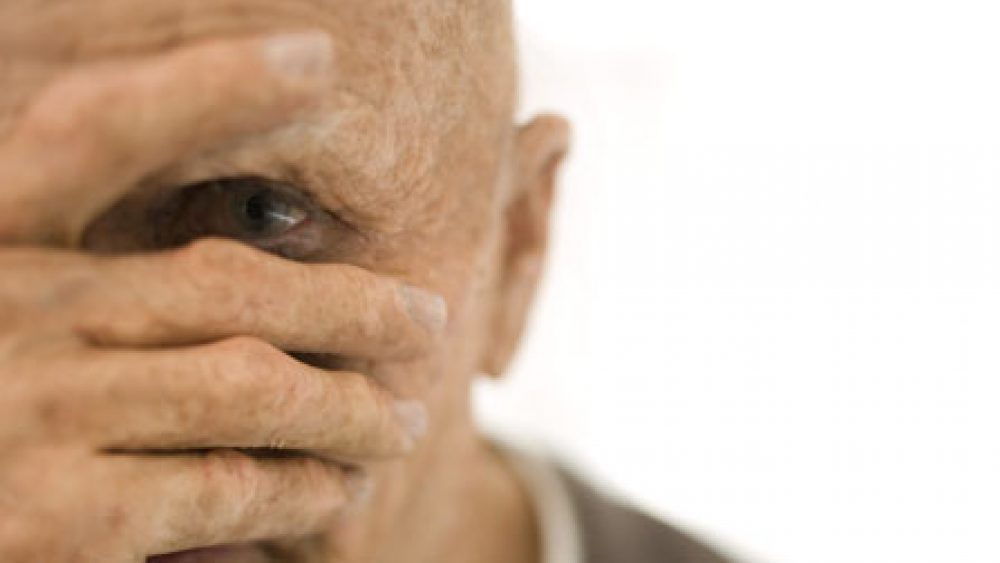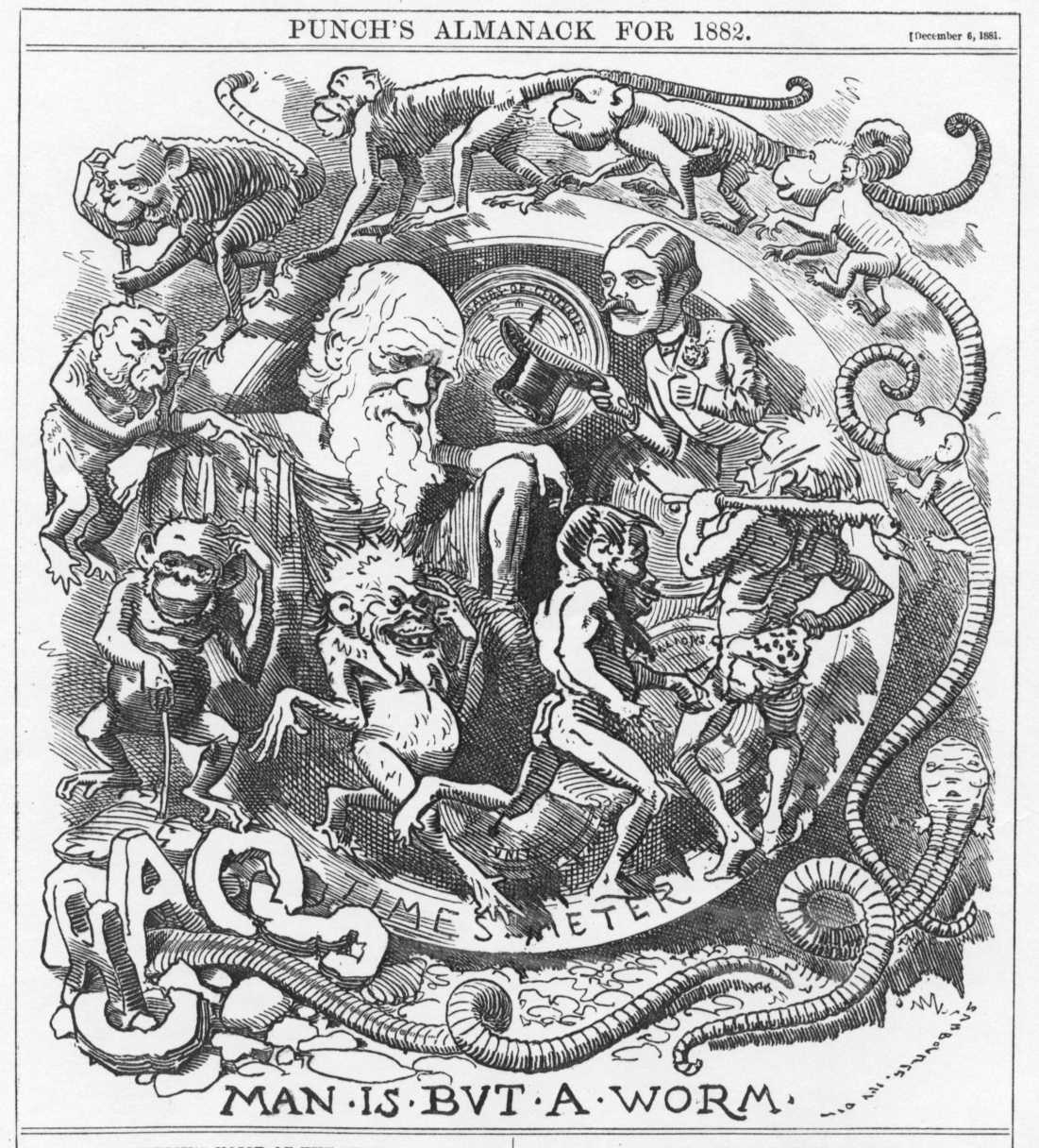| Ascendant Grotesque |
| ಠ_ರೃ |
 |
 |
|
 Posted 02-05-2012 10:20 by Ascendant Grotesque (Speciaal lid) Posted 02-05-2012 10:20 by Ascendant Grotesque (Speciaal lid) |
  |
|
quote:
Op 2 mei 2012 10:07 schreef Jenje het volgende:
Moet je voor inloggen.
Maar wat is nou je punt? Beetje loos linkjes posten draagt niet echt wat bij.
Dat vreesde ik al. Nou ja, de abstract is wel gratis  Dat mensen wat dieper kunnen kijken dan een summier nu.nl-bericht. Het belangrijkste deel dan even:
Discussion
In Study 3, we found support for our hypothesis: Religiosity moderated the relationship between compassion and prosociality in the economic tasks such that, for the less religious participants,
feeling more compassion was related to greater
prosocial behavior. For the more religious participants, feeling compassion was not linked to prosocial behavior. Results were not explained by gender, political orientation, or education.
General Discussion
Social scientists have tied religion to prosocial sentiments such as generosity and solidarity, but this literature leaves unanswered an important research question: What explains the generosity
of less religious individuals? Across three studies, we found evidence that, with fewer or no religious expectations of prosociality, individual levels of compassion are more critical to the generosity of the less religious. (See Table 1) In Study 1, especially for the less religious, greater trait compassion was related to greater self-reported prosociality. In Study 2, the generosity of the less religious (but not the more religious) was influenced by a compassion-inducing versus a neutral
video. In Study 3, the generosity on a wide variety of economic tasks of the less religious (but not the more religious) was influenced by higher momentary feelings of compassion. The sum of this evidence suggests that the prosociality of less religious
individuals is driven to a greater extent by compassion than is the prosociality of the more religious.
As a side note, in all three studies we found that more conservative individuals were more religious. As an alternative explanation, therefore, it is plausible that political orientation (how politically conservative or liberal someone considers
themselves to be), would also serve to influence the impact of compassion on prosociality. In fact, however, none of the tests of moderation were significant, ps > .10.
An alternative explanation for the significant interaction of religiosity and compassion on generosity is in fact driven by a ceiling effect, with the generosity of those high in religiosity
being so high that higher levels of compassion among members of this group cannot lead to detectable increases in generosity. Our results, however, suggest that this is most likely not an issue. For example, across the studies, less religious individuals who were more compassionate actually tended to show more generosity than more religious individuals who were high or low in compassion (see Figures 1–3). This pattern suggests that it was in fact possible for those high in religiosity and compassion to exhibit higher levels of generosity
than they did.
Overall, we might conclude that the less religious may be bound to others by emotional connection. These findings are similar to Batson’s empathy–altruism hypothesis, in which empathy rather than egocentric motivations determine altruistic behaviors (Batson & Shaw, 1991). The more religious, on the other hand, may ground their generosity less in emotion and more in other factors such as doctrine, a communal identity, or reputational concerns.
Future research might examine how compassion functions for followers of different religions. Are those who believe in a more traditional and stricter religion just as unlikely to be influenced by compassion as followers of less traditional and
less strict religions? Are followers of religions that place more of an emphasis on compassion even less likely to be influenced by their own trait or state levels of compassion? In sum, it could be fruitful to explore the boundary conditions of this
effect.
Our findings support the idea that compassion shapes otherorientated behavior and attitudes for the less religious, and less so for the more religious, at both trait and state levels. More religious people likely act prosocially based on a variety of
influences, compassion being just one of them. Indeed, there are many causes of prosocial behavior (Penner, Dovidio, Piliavin, & Schroeder, 2005). Our results support the idea that the other-oriented emotion of compassion significantly influences prosocial inclinations in the less religious.
Overigens leken de verbanden niet zo heel sterk, statistisch gezien. Dus om nu zo heel hard elkaar te feliciteren met dat de wetenschap maar weer eens laat zien wat voor eikels religieuzen zijn gaat me wat te ver 
quote:
Maar goed, ben niet verbaasd over de conclusie. Het aanhangen van een religie lijdt automatisch tot afkeer tegen andersdenkenden.
Maar dat blijkt helemaal niet uit het onderzoek, dat er een dergelijke afkeer aan ten grondslag ligt. Ze zijn mínder vrijgevig, maar nog steeds vrijgevig.
No dogs, no masters.
 |











